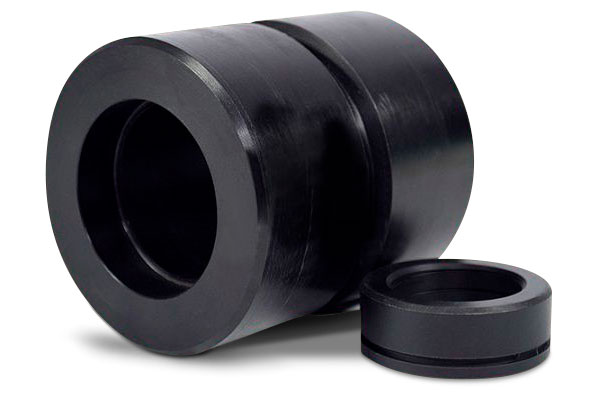PP Plastic
PP (Polypropylene) plastic fits among the lowest specific weight and highest chemical resistance thermoplastics available. It is impermeable to liquids and gases without reacting with the vast majority of industrial and pharmaceutical chemicals. It has minimal water absorption, providing good dimensional stability.





